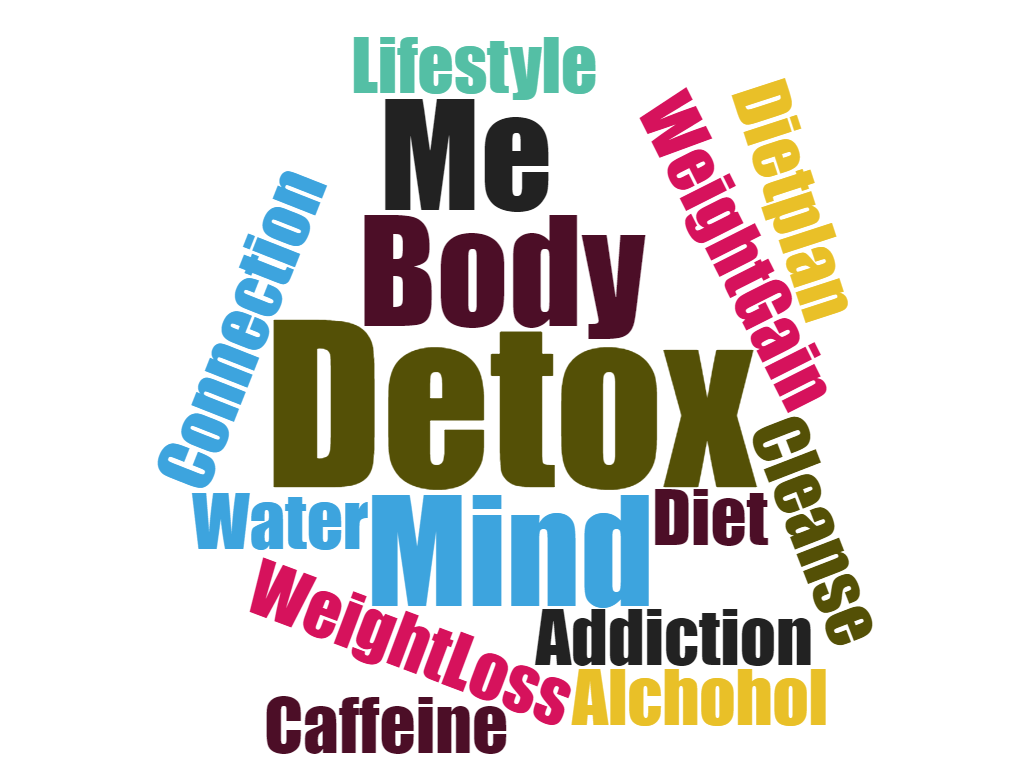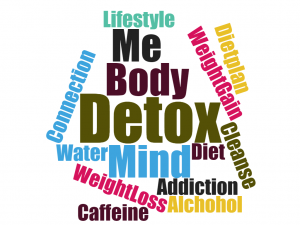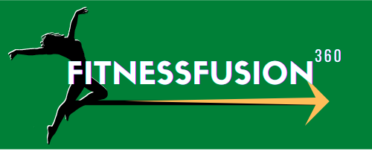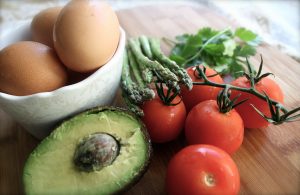The Mind-Body Connection To Detox


The mind-body connection to addiction may open up new forms of drug-free detox treatments. The breakthrough was discovering that certain drug (opiate) receptors in the brain are only found in humans and different types of animals that have spines or back bones. Specific (limbic) systems that control emotions in the brain are affected by stimulating these drug receptors. Drugs stimulate these receptors but so does physical movement.
What is a detox diet?
A detox diet is thought to strengthen organs involved in detox and promote the excretion of stored toxins through the organs of elimination: the skin, intestines, liver, lungs, kidneys and lymphatic system. A detox diet program may include a special diet, herbs and supplements, hydrotherapy, exercise, breathing techniques and/or sauna.
Think about all the toxins we are constantly pumping into our bodies and it’s pretty obvious that the detox system could do with a helping hand. Symptoms that it is functioning badly include: tiredness, dark circles under the eyes, dull skin and bad digestion.
Detox Hot Tips
1. Reduce caffeine and alcohol intake a few days before you start;
2. Buy a detox book or pick out some tasty recipes to cook so you don’t get stuck for ideas;
3. Go shopping in advance – with the right foods at hand you shouldn’t go hungry;
4. Tell all your friends and family what you are doing in advance. If they know how serious you are they are less likely to try and force feed you a pint/bar of chocolate/Sunday roast when you next see them;
Who shouldn’t detox?
If you have any history of cancer, kidney, liver, heart disease or any other disease, are pregnant or under 16, do not contemplate detoxing without talking to your doctor.
Fresh Vegetables
All fresh vegetables except corn, which can be an allergenic food. Great detox foods include broccoli, cauliflower, broccoli sprouts, onions, garlic, artichokes, beets, red and green vegetables.







